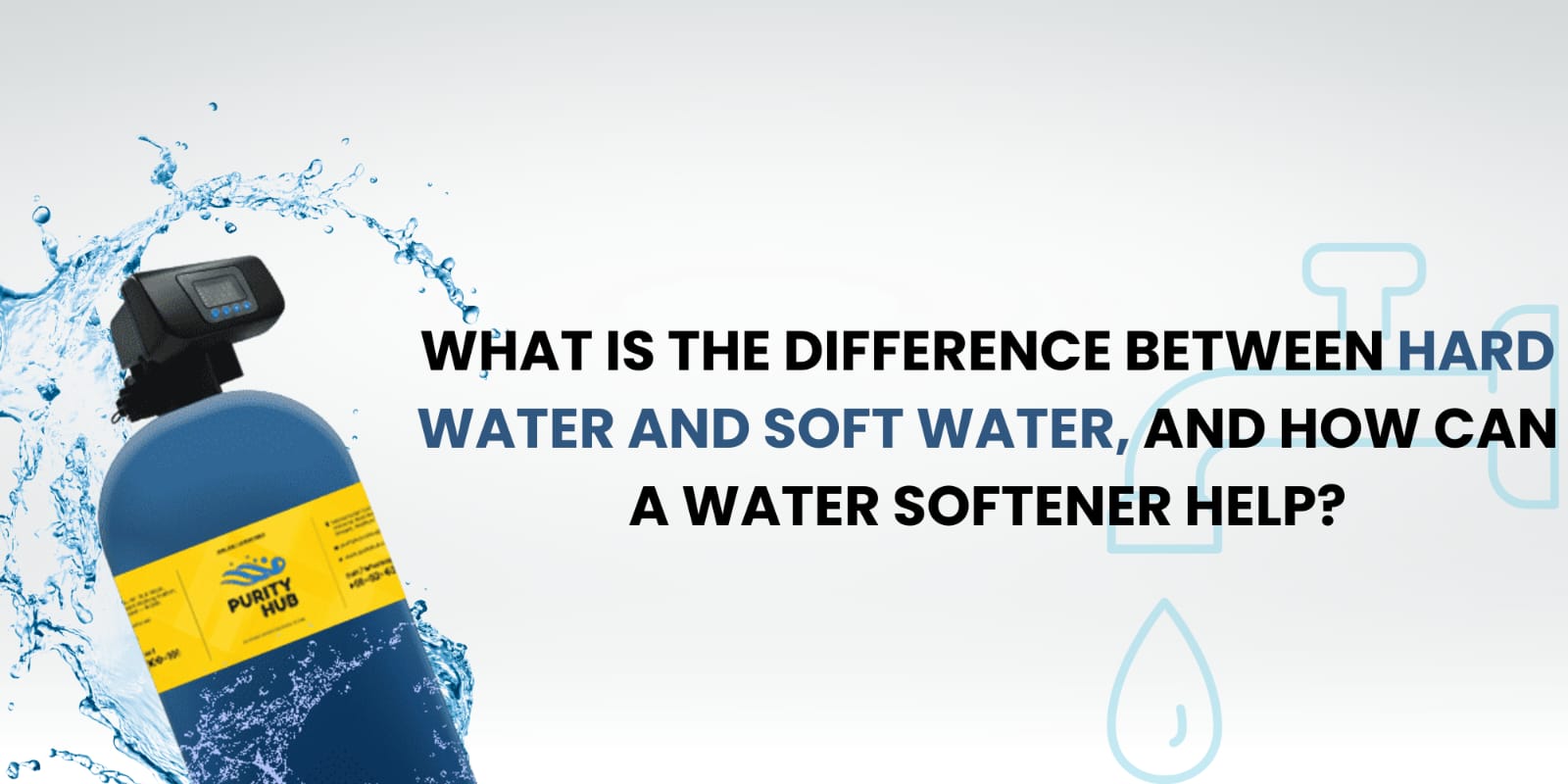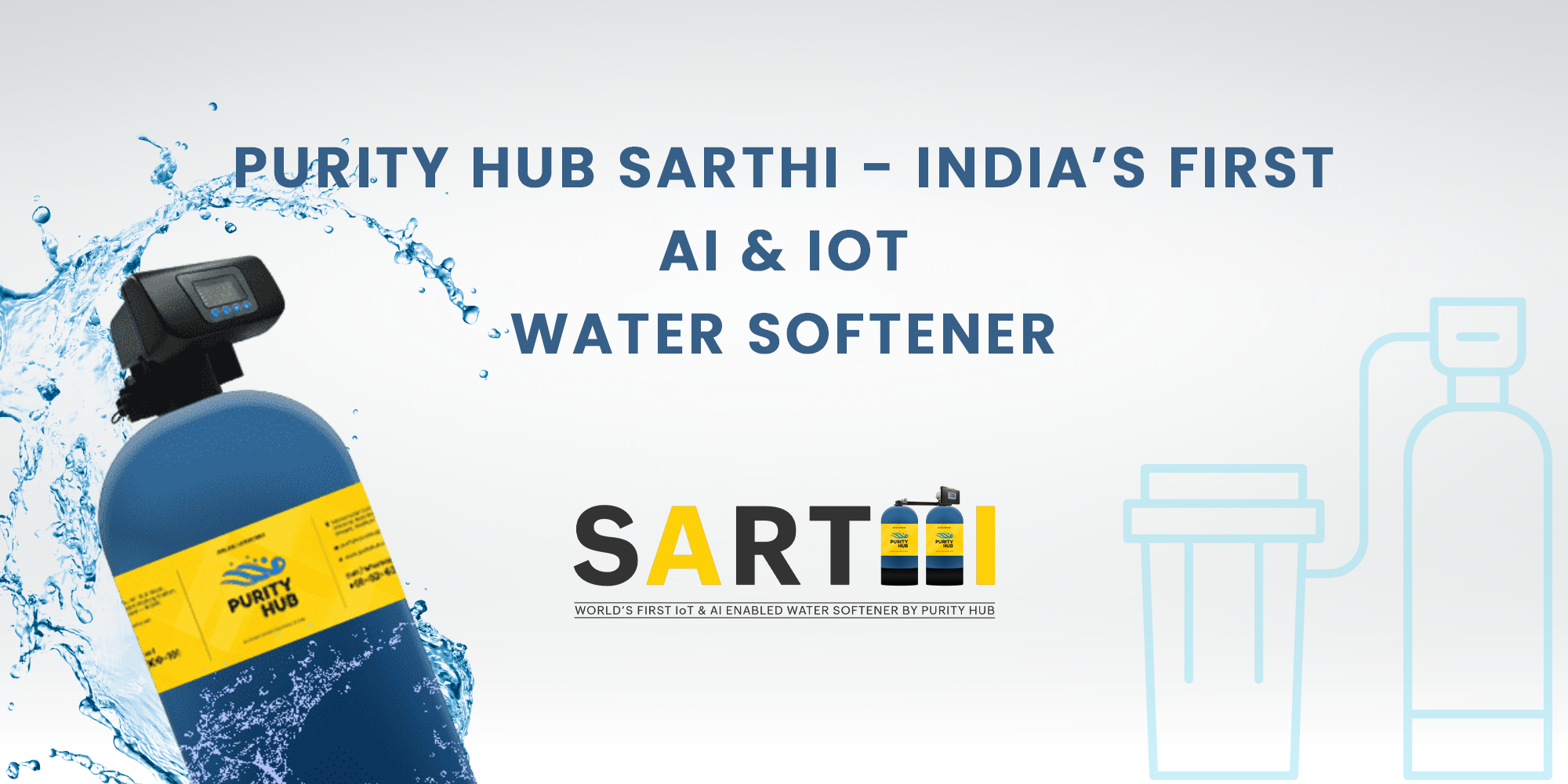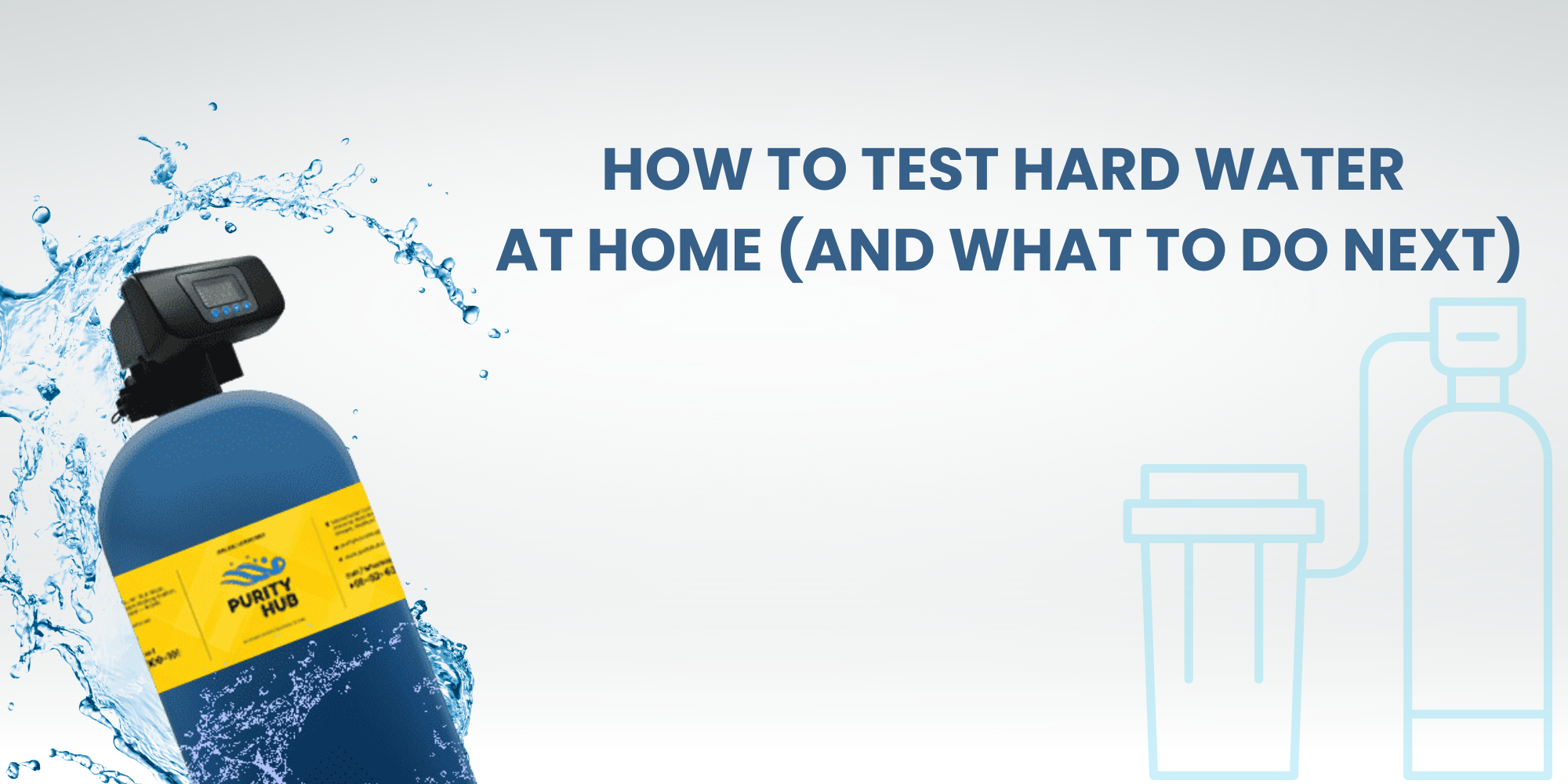
Water is a fundamental necessity in our daily lives, but not all water is created equal. The terms "hard water" and "soft water" are often used to describe the quality of water that flows through our taps. But what exactly do these terms mean, and how can a water softener for home improve your water quality? This blog will explore the differences between hard and soft water and the benefits of using a water softener, particularly focusing on water softener maintenance, whole house water softener solutions, and water softener installation in Bhopal.
What is Hard Water?
Hard water is water that contains high levels of dissolved minerals, particularly calcium and magnesium. These minerals are picked up as water percolates through limestone, chalk, or gypsum deposits. While hard water is not harmful to health, it can cause several issues:
1. Scale Buildup: The minerals in hard water can accumulate in pipes, water heaters, and appliances, leading to scale buildup. This can reduce the efficiency and lifespan of these systems.
2. Soap Scum: Hard water reacts with soap to form a sticky residue known as soap scum, which can be difficult to clean and can reduce the effectiveness of soaps and detergents.
3. Dry Skin and Hair: Hard water can leave your skin and hair feeling dry and rough due to the minerals it contains.
4. Stains and Spots: Hard water can leave stains and spots on dishes, glassware, and laundry, making them look dirty even after washing.
What is Soft Water?
Soft water, on the other hand, is water that contains low concentrations of dissolved minerals. This is typically achieved through a process called water softening, where hard water is treated to remove calcium and magnesium ions. The benefits of soft water include:
1. No Scale Buildup: Soft water prevents the formation of scale in pipes and appliances, enhancing their efficiency and longevity.
2. Better Cleaning: Without the interference of minerals, soaps and detergents work more effectively, leaving dishes, laundry, and surfaces cleaner.
3. Softer Skin and Hair: Soft water is gentler on the skin and hair, leaving them feeling softer and more hydrated.
4. Stain-Free Surfaces: Soft water does not leave mineral deposits, ensuring your dishes, glassware, and laundry are spot-free.
How Can a Water Softener Help?
A water softener for home is a device that treats hard water by removing the calcium and magnesium ions and replacing them with sodium or potassium ions. Here are some key benefits and considerations for using a water softener:
1. Whole House Water Softener: Installing a whole house water softener ensures that all the water entering your home is treated, providing consistent soft water for all uses, from bathing and cleaning to cooking and drinking.
2. Water Softener Installation in Bhopal: If you live in Bhopal, where hard water is a common issue, professional water softener installation can greatly improve your water quality. Expert installers can assess your specific needs and ensure your water softener is set up for optimal performance.
3. Water Softener Maintenance: Regular maintenance is crucial for keeping your water softener in good working condition. This includes replenishing the salt supply, cleaning the resin tank, and checking for any signs of wear or damage. Proper maintenance ensures your water softener continues to provide high-quality soft water and operates efficiently.
Conclusion
Understanding the difference between hard water and soft water is essential for addressing water quality issues in your home. While hard water can cause scale buildup, soap scum, and dry skin, soft water offers numerous benefits, including better cleaning and longer-lasting appliances. A water softener for home, especially a whole house water softener, can effectively treat hard water, providing you with soft water throughout your household. For residents of Bhopal, professional water softener installation and regular maintenance can ensure you enjoy the advantages of soft water for years to come.



